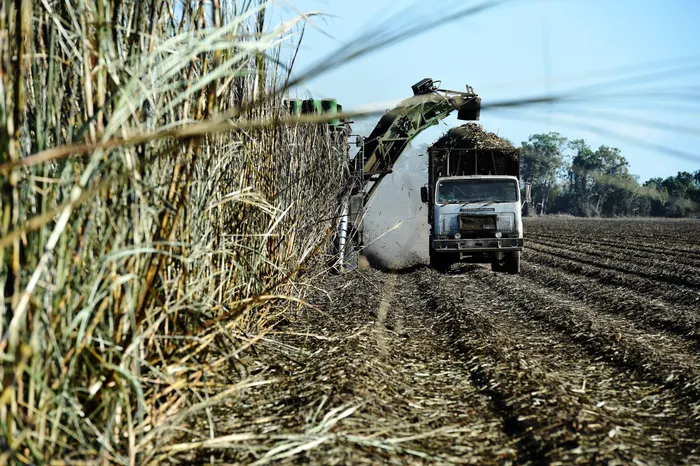
SA Canegrowers is pleased to announce the re-election of Higgins Mdluli as the chairman of the organisation, following its Annual General Meeting and board meeting held this week in Umhlanga, KwaZulu-Natal.
Image: Picture: Carla Gottgens/Bloomberg
SA Canegrowers is pleased to announce the re-election of Higgins Mdluli as the chairman of the organisation, following its Annual General Meeting and board meeting held this week in Umhlanga, KwaZulu-Natal.
As a sugarcane grower in Mpumalanga, Mdluli brings a wealth of experience and a deep commitment to advancing the interests of the 24,000 small-scale and 1,200 large-scale growers represented by SA Canegrowers.
Mdluli said: “It is an honour to be re-elected to serve as chair of the SA Canegrowers board at such a critical time for our industry. I look forward to continuing to work closely with our growers, partners, and stakeholders to build a sustainable, inclusive, and resilient sugar sector that supports rural livelihoods and drives agricultural and economic growth in South Africa.”
But Mdluli also cautioned that the industry faces many challenges, not least of which is the increasing risk local growers face from unfair global trade practices. Foreign sugar is currently entering South Africa at prices below the cost of production and below the global sugar price, owing to some foreign governments either heavily subsidising their industries or countries dumping their excess sugar at a loss.
For every ton of imported sugar, local sugarcane growers lose R6 000 in income, and jobs are imperilled.
Local sugarcane growers are unable to compete with such unfairly subsidised imports, at a time when the industry is also facing a host of other challenges, including unpredictable weather patterns, mill closures, and the sugar tax.
Cheap imports further undermine the viability of farming operations and place hundreds of thousands of jobs at risk across the industry value chain – from sugarcane fields to sugar milling companies and distribution networks.
South Africa’s sugar industry produces enough sugar to service the full demand of SADC countries, leaving a surplus that is exported according to the global sugar price.
Rural communities in KwaZulu-Natal and Mpumalanga are especially vulnerable, where large and small-scale sugarcane growers provide much-needed jobs and stability. Rural communities depend on the jobs and income provided by agriculture, like sugarcane growing.
“Local canegrowers need greater protection from unfair sugar dumping and subsidised cheap imports,” said Mdluli.
“We call on all social partners, government, industry players, and commercial end-users and consumers, to stand with South African sugarcane growers. Our growers contribute to a thriving, inclusive agricultural economy, but to continue to do so, we need to be able to compete on a level playing field,” said Mdluli.
“We look forward to working with all role players as part of the next version of the Sugarcane Value Chain Master Plan 2030 to help secure the sector well into the future.”
Mdluli will serve as chair for SA Canegrowers for a year and was democratically elected from within member growers from KwaZulu-Natal and Mpumalanga.
He will be supported by two vice-chairs, Andrew Russell and Kurt Stock, and Rex Talmage will represent SA Canegrowers as the independent vice-chair of the South African Sugar Association.
South African Sugar Association